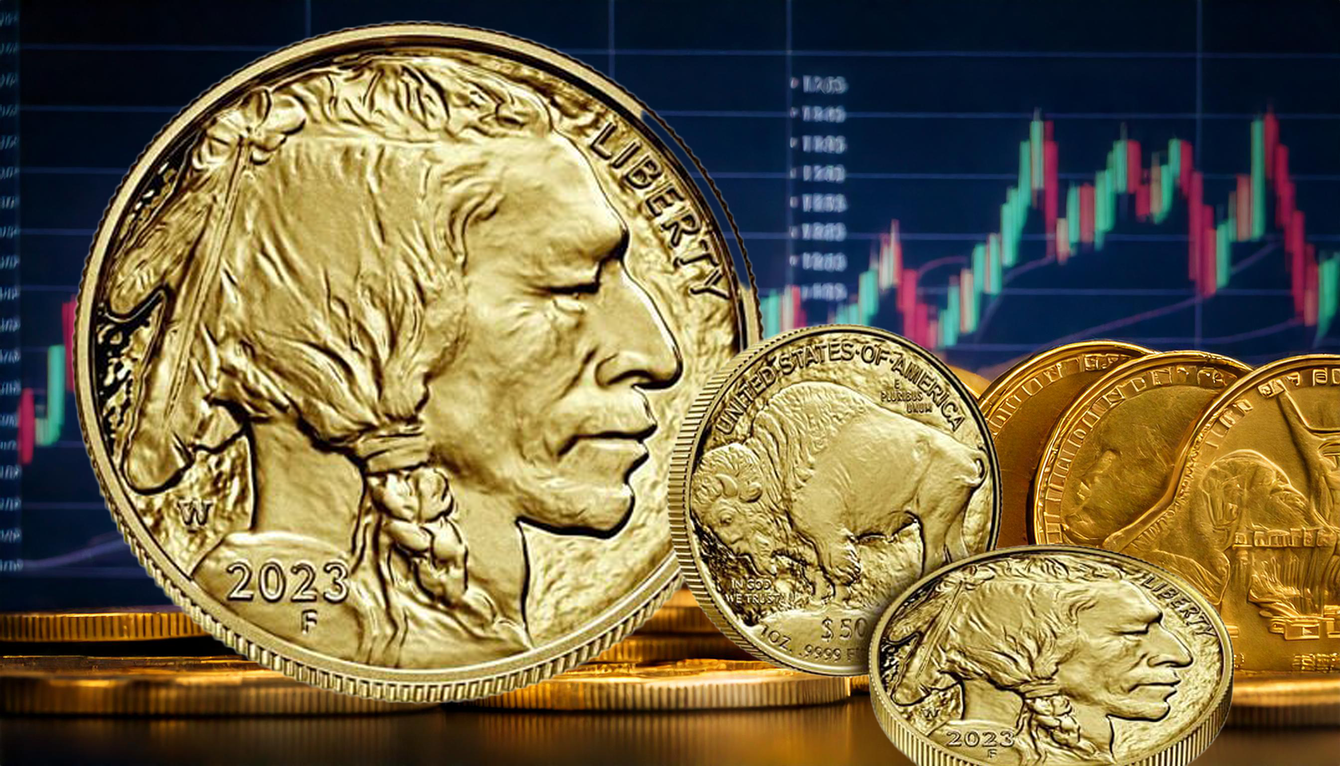

Gary Wagner
Gary S. Wagner has been a technical market analyst for 25 years. A frequent contributor to STOCKS & COMMODITIES Magazine, he has also written for Futures Magazine as well as Barrons. He is the executive producer of "The Gold Forecast," a daily video newsletter.
He has been a speaker for financial seminars including Futures West and the Dow Jones Financial Symposium which travels throughout the world.. Coauthor of "Trading Applications Of Japanese Candlestick Charting" a John Wiley publication.
Disclaimer: The views expressed in this article are those of the author and may not reflect those of Kitco Metals Inc. The author has made every effort to ensure accuracy of information provided; however, neither Kitco Metals Inc. nor the author can guarantee such accuracy. This article is strictly for informational purposes only. It is not a solicitation to make any exchange in commodities, securities or other financial instruments. Kitco Metals Inc. and the author of this article do not accept culpability for losses and/ or damages arising from the use of this publication.